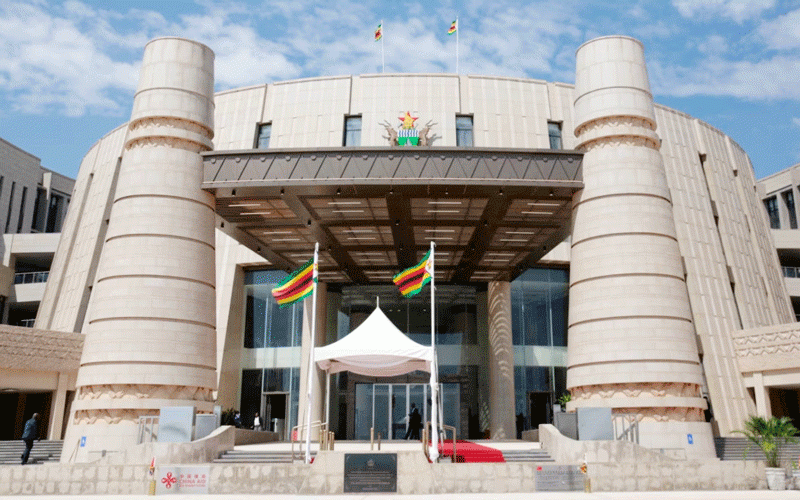
He has published critical chapters and articles in several academic journals and books. Nhamo is a fiction writer and poet too. Tinashe Mushakavanhu had a one on one with him about matters literary.
Is there anything from where you grew up that inspired you to become a writer?There certainly are many things from my formative years right to early adulthood that inspired me to write. It was usually the township landscape and the characters I saw there, both from a close intimate position, and as a detached (participant) observer. The pretty good sermons at church made me adore storytelling.
My friends and I told each other stories at night under the streetlights in the township – and I know for real some of my friends were escaping the grim dark rooms of their homes.
Memory Chirere described us – you, me, Robert Muponde, Ruzvidzo Mupfudza, Phillip Zhuwao and Ignatius Mabasa as “Marechera apostles.” Has Marechera been a major influence in your work?
He is our older brother and a kindred spirit. The ambiguities he suffered with regards to tradition, Zimbabweanness, a self-assured African identity, the relationship between the state and the individual, sex and sexuality, and so forth, are issues that have intrigued and bothered nearly all of us. People mistake his and our frustrations and confusion with impiety and lack of patriotism.
If he had grown older into contemporary Zimbabwe, I would not be surprised to see or hear him labelled an agent of imperialism by myopic nationalists. Just imagine a 50-year-old Marechera, probably a dotting grandpa. He could have mellowed down and changed his ideas and philosophy. It happens – Tolstoy turned into a Christian fundamentalist in his old age. Yes, Marechera has some influence in my fictional work, the existential approach and an acute sense for literary style and form.
- Chamisa under fire over US$120K donation
- Mavhunga puts DeMbare into Chibuku quarterfinals
- Pension funds bet on Cabora Bassa oilfields
- Councils defy govt fire tender directive
Keep Reading
In fact, what is Marechera’s significance on contemporary Zimbabwean literature?For young Zimbabweans like me in the 1980s and 1990s, Marechera’s works taught us disillusionment and we didn’t have a long honeymoon celebrating uhuru. We nearly immediately realised that freedom had a bitter-sweet taste. In short, Marechera taught writers and the whole nation that the worst can be a reality, and you can roughen up and still survive. Marechera taught us to write the way we do.
At the 2010 National Merit Awards (Nama) there were no entries for the first creative published work. What are our publishers doing?
I don’t know honestly, the publishers should tell us their own side. It is difficult to get any new publication in Zimbabwe, whether published locally or abroad. I normally buy books when I am travelling abroad, especially when passing through OR Tambo airport. The situation in Zimbabwe is so terrible that there is no decent bookshop in my current hometown (Gweru). Most of the bookshops are selling stationery, and no serious fiction. My local branch of Kingston – which used to be the best book retailer in the last decades – has a massaging parlour in a section that has been partitioned off.
What are your views about the state of Zimbabwean literature at the moment, in terms of quality, the publishing scene and readership?
Zimbabwe has a very strong and deeply rooted literary tradition. However, the publishing scene is depressed and disappointing. The few publishing houses that are there are struggling. The most vibrant rely on international donor funding and this compromises quality and content. Some books strain to satisfy donor interests and editors manipulate manuscripts to please international capital.
It is unfortunate that rich Zimbabweans flaunt their money in shameful ways but rarely do they support the book and publishing industry. When we should be talking about a national literature with local entrepreneurs as its funders and patrons, we still expect the generous Scandinavians to support us. We expect outsiders to promote our most expressive, our most intimate and our most sacred art form. Yes, literary art is our heart, and the best fiction and prose can define a nation’s soul and ambition.
A cerebral and insightful literature humanises the people that read it since it allows critical reflection by the very nature of its medium and form.
By By Tinashe Mushakavanhu











